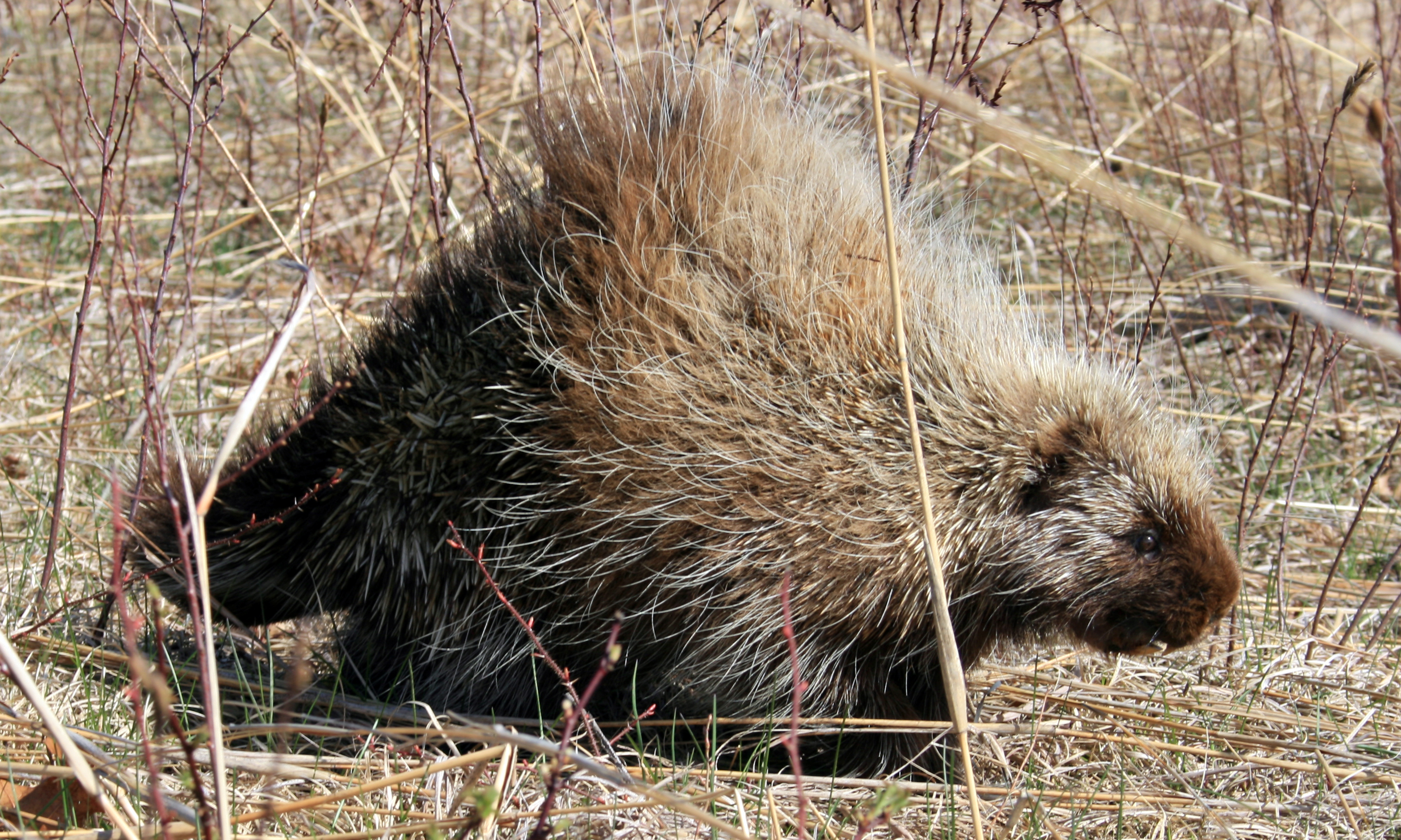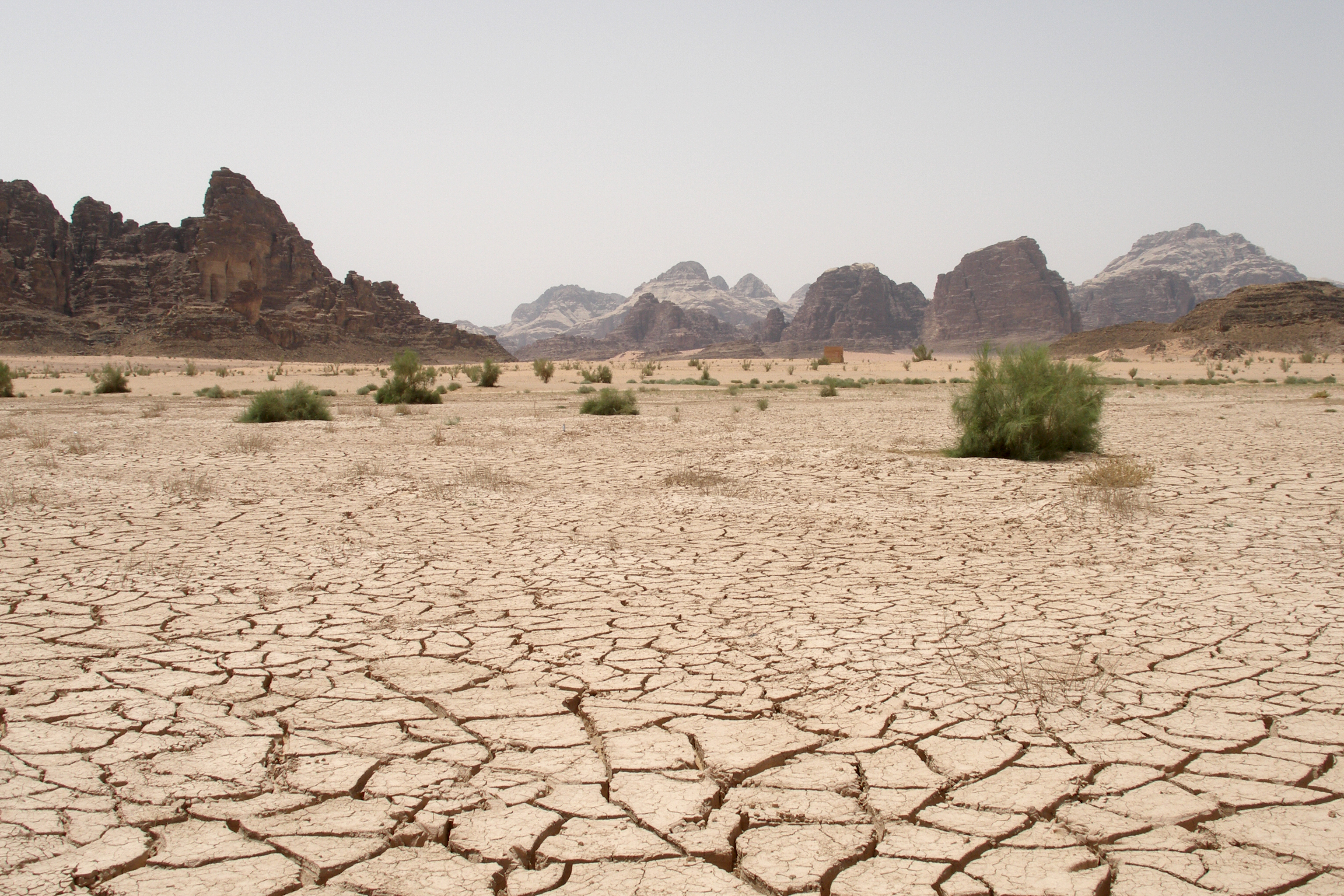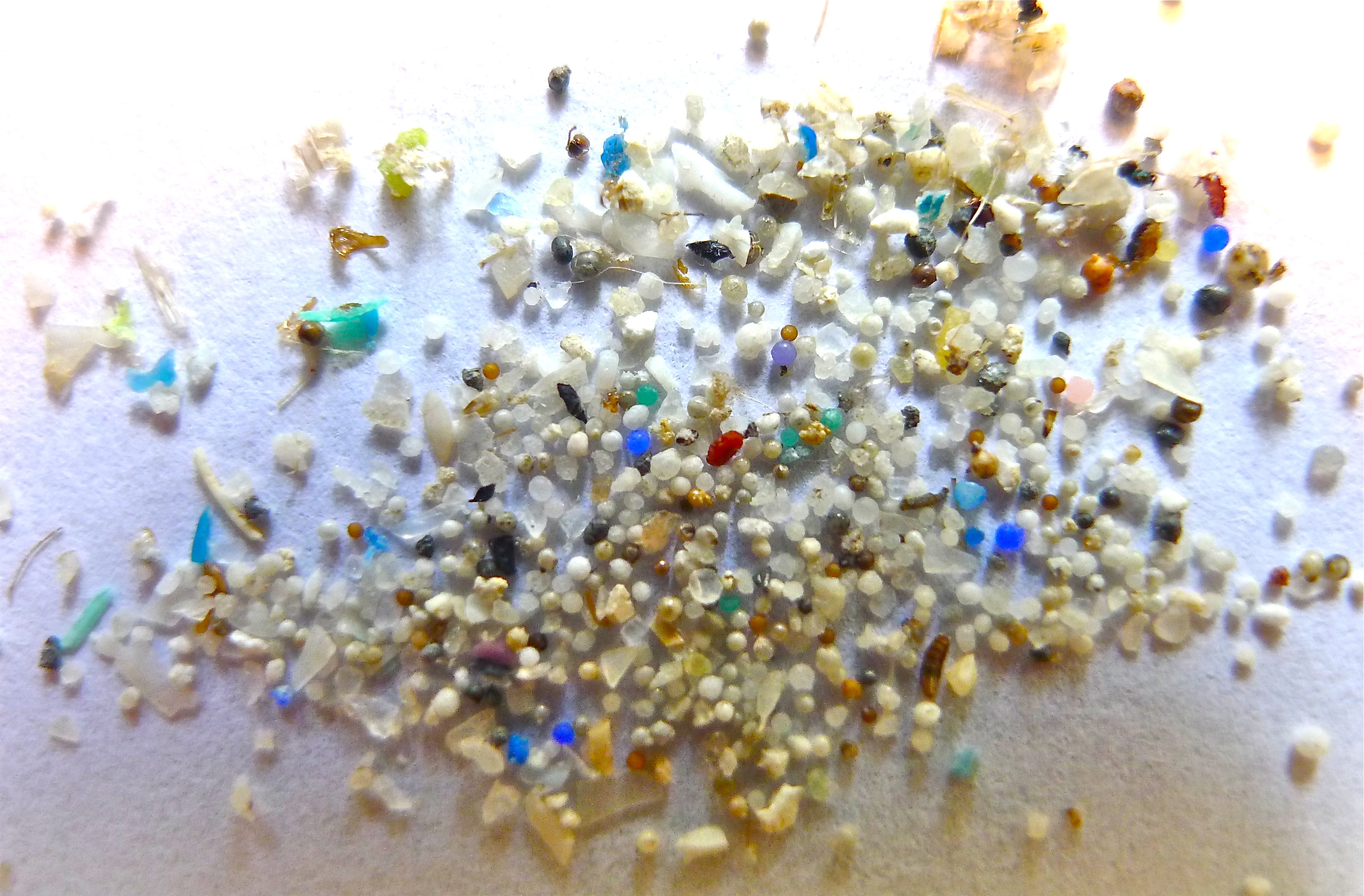Browsing Category
Nature
842 posts
As grandiose as we might think our civilizations have become, we are but the latest entry in the long chronicle detailing life on Earth. We humans share this planet with fellow organisms whose vast numbers completely tower over our own. We borrowed this planet from its previous inhabitants from eons ago and whose lives were written on the soil-turned-rock on which they were laid to rest. Modern Sciences urges its readers to contemplate our planetary co-inhabitants, both past and present.
New video shows sharks making an easy meal of spiky sea urchins, shedding light on an undersea mystery
Author provided Jeremy Day, University of Newcastle Long-spined sea urchins have emerged as an environmental issue off Australia’s…
October 23, 2024
Is owning a dog good for your health?
Pogodina Natalia/Shutterstock Tania Signal, CQUniversity Australia Australia loves dogs. We have one of the highest rates of pet…
October 20, 2024
We’ve Found This Fossil the Most
Trilobites, one of the most successful ancient animals, were first documented by fossil collector Edward Lhwyd in the…
October 20, 2024
DNA reveals secrets of cave-dwelling medieval community that survived conquest and epidemics
Las Gobas. GPAC, Author provided Anders Götherström, Stockholm University and Ricardo Rodriguez Varela, Stockholm University In a new…
October 14, 2024
Rare Florida fossil finally ends debate about how porcupine jaws and tails evolved
A porcupine fossil recovered in Florida was the key clue in solving a paleontological mystery. Jeff Gage/Florida Museum,…
October 9, 2024
Small populations of Stone Age people drove dwarf hippos and elephants to extinction on Cyprus
Corey J. A. Bradshaw, Flinders University; Christian Reepmeyer, Deutsches Archäologisches Institut – German Archaeological Institute, and Theodora Moutsiou,…
October 9, 2024
How a new map of the UK’s blue carbon habitats could change how oceans are protected
Mudflats in Dumfries and Galloway, Scotland. Mark Hamblin/VISION, CC BY-NC-ND Michael Burrows, Scottish Association for Marine Science The…
October 8, 2024
How do ecosystems collapse? Our study shows evolution plays a role – and can delay a disaster
Piyaset/Shutterstock Christopher Blake, Monash University and Michael J. McDonald, Monash University Dying coral reefs, rainforests transforming into savannas,…
October 7, 2024
Invasive caterpillars can make aspen forests more toxic for native insects – a team of ecologists explains how
The aspen forest where our team conducted our recent study. Mark R. Zierden Richard L. Lindroth, University of…
October 7, 2024
New Study Finds Microplastics in All Parts of Coral Anatomy, Highlighting Marine Pollution Crisis
At a Glance A collaborative research effort by scientists from Japan and Thailand has discovered that microplastics are…
October 6, 2024















